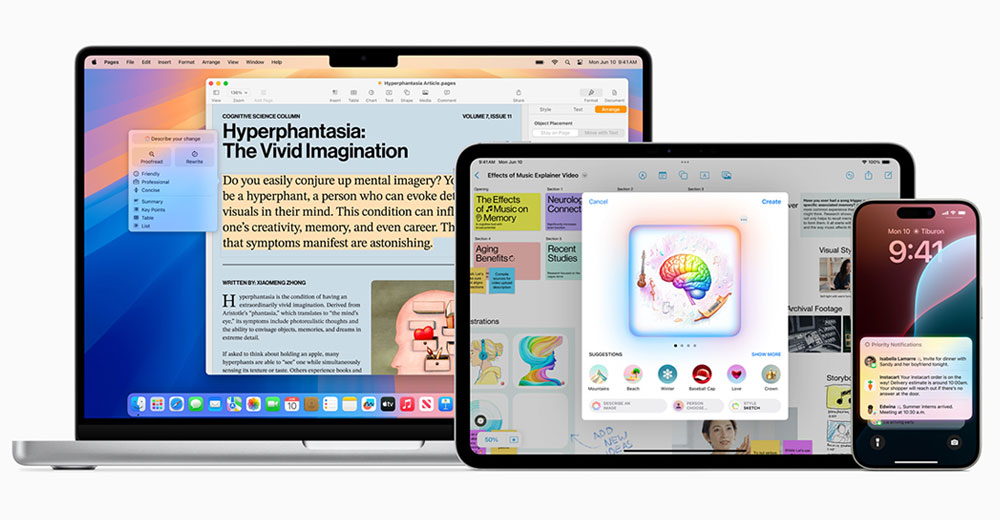
Morgan Stanley has signed a US$575 million contract with IBM to employ utility computing for its Individual Investor Group and Discover Financial Services.
John Hancock, Equifax and ING also recently have signed deals for IBM’s on-demand services, but Morgan Stanley’s contract is different. Rather than just paying for computing power it uses, the investment company actually will share processing power, storage and bandwidth with other IBM customers.
Eric Ray, vice president of IBM Global Services, told the E-Commerce Times that this arrangement marks the beginning of a new model that the company hopes other firms will adopt. “This really pushes the shared paradigm in financial services,” he said.
Let’s Make a Deal
The recent contract between Morgan Stanley and IBM is an extension of a 1999 agreement between the two companies. It is also the outcome of another utility-computing arrangement announced in September.
When Morgan Stanley moves to the new infrastructure, it will pay only for the back-end computing power it uses. Much like a homeowner pays for utilities, the company will pay based on a metering system. However, the meter will be of a much more sophisticated type, considering that it must measure processing power, storage capacity and networking bandwidth.
IBM also will manage Morgan Stanley’s desktop PCs, much as Big Blue does for clients like Electrolux and Zurich Financial Services. Ray noted that the combination of utility computing and management of PCs as a service will allow Morgan Stanley to save millions of dollars per year.
“Financial service firms like Morgan Stanley are always on the forefront,” he said.
Service Station
Utility computing allows companies to save money by utilizing networks and hardware more effectively. Rather than leaving equipment idle, a company can use the technique to route processing power in a way that reduces datacenter costs.
So far, the technique has been used primarily by companies that need serious processing speed for applications performing complex tasks in research or engineering.
Yankee Group analyst Andrew Efstathiou told the E-Commerce Times that utility computing also has become part of the landscape for financial institutions like Morgan Stanley and John Hancock because they need to do complex processing and require better disaster-recovery options.
“Financial institutions use utility computing in a very different fashion than others do,” he said. To perform sophisticated tasks, such as financial trading or portfolio management, advanced processing speed is a necessity.
Also, Efstathiou noted that the firms use utility computing for disaster recovery because they must have an ironclad strategy in place in case problems arise. Maintaining excess hardware that is not being harnessed can get expensive quickly. “Utility computing allows them to pay on an as-used basis,” he said.
Getting on the Grid
IBM has focused significant energy on touting its on-demand strategy, and Efstathiou said the future looks bright for the company because of this effort. Deals like the one just inked with Morgan Stanley will become commonplace, he noted.
“The real question is: Within what timeframe will this become a standard offering?” he said. “Today it’s relatively unique.”
Efstathiou said it is possible that this is not futuristic technology, but rather a model that will see more adoption in coming years and will become commonplace in 5 to 10 years. “Over time,” he noted, “companies like IBM will become much more like the stock exchange. But instead of trading stocks, they’ll be trading processing capacity.”
The way in which Morgan Stanley is sharing processing power with other companies will be closely observed by firms that are contemplating a move to utility computing.
Efstathiou said he thinks the deal has brought a new dimension to utility computing in the corporate environment. “This really takes things to a different level,” he noted.















































Social Media
See all Social Media